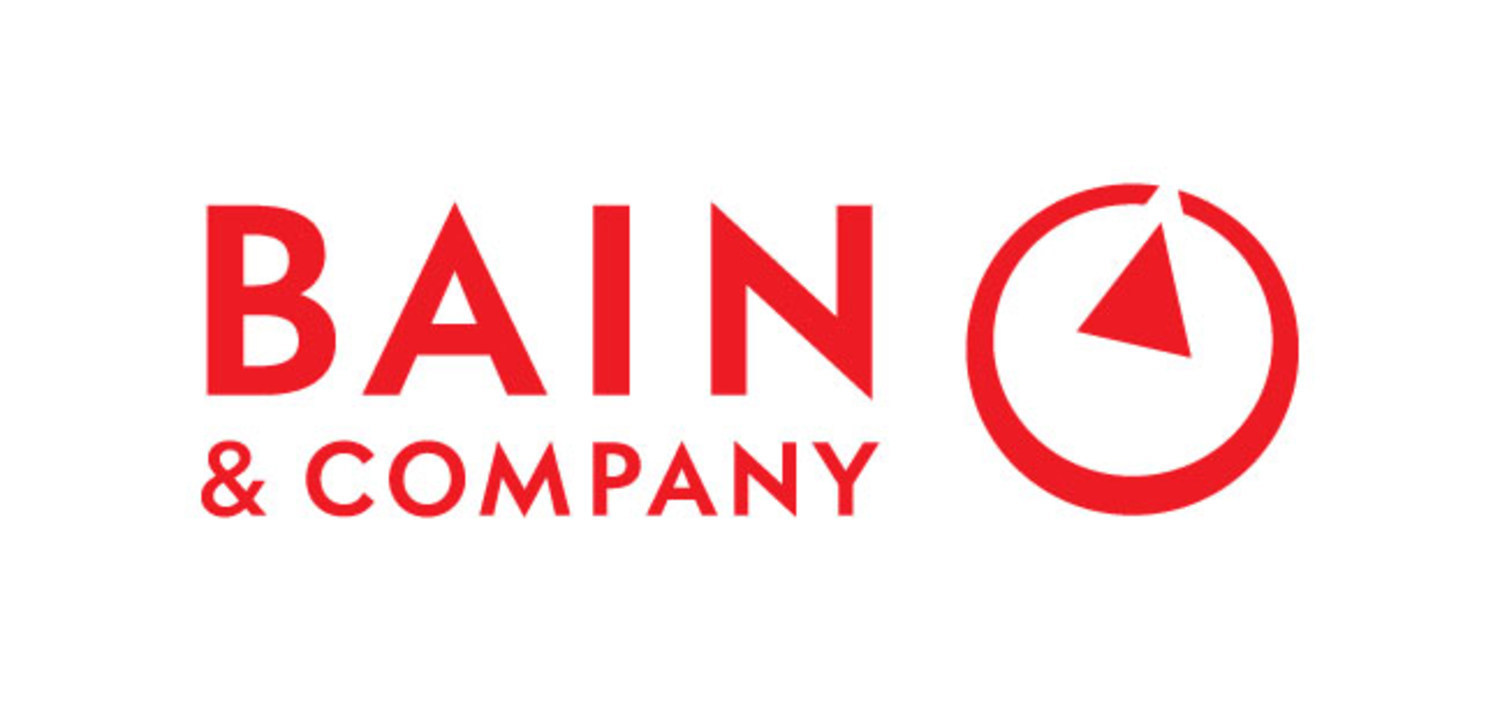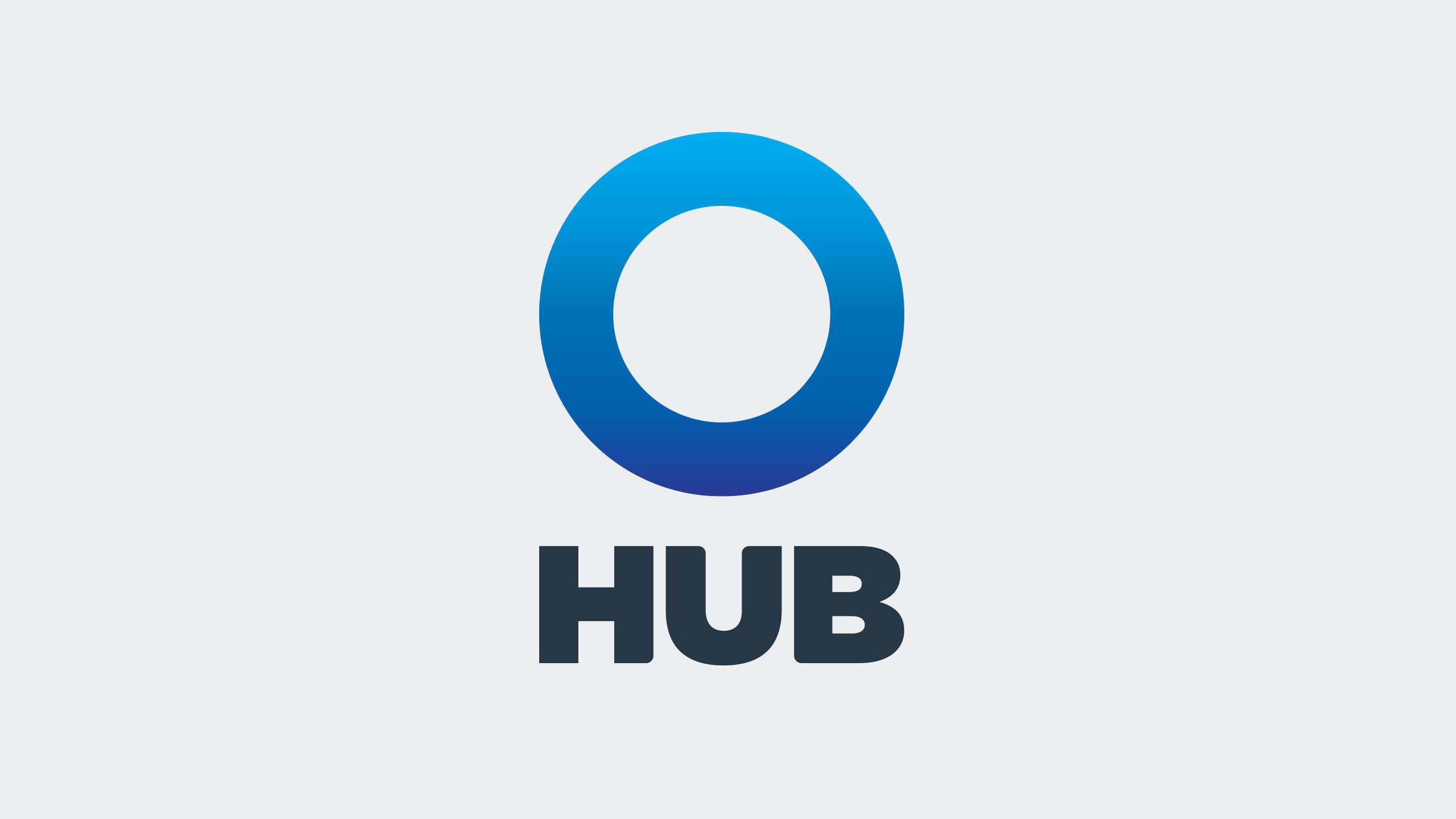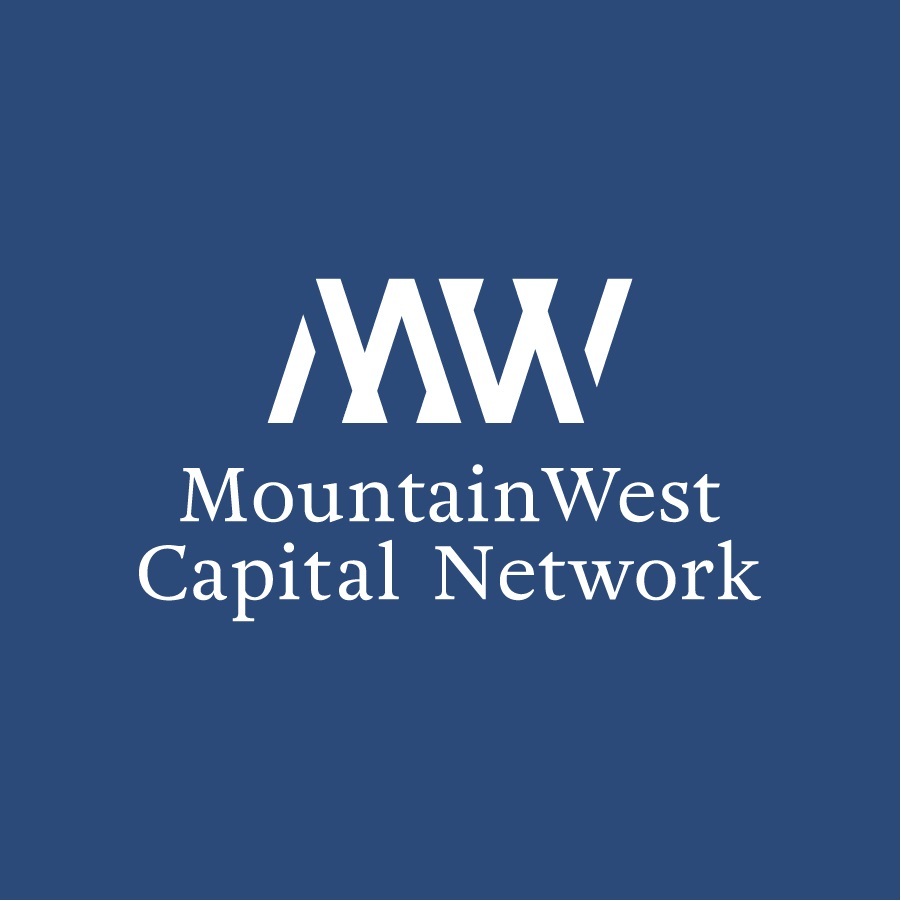- Technology disruption, post-globalization, and shifting profit pools will drive dealmaking in the year ahead as interest rates and regulatory challenges are likely to recede
- A Bain survey found one in three M&A practitioners will be using generative AI in dealmaking by the end of the year
- Bain predicts generative AI will enable every step of the M&A process in the next five years
NEW YORK, Feb. 4, 2025 -- After three years of underwhelming M&A activity, 2025 may finally be the year the M&A market breaks through. In its Global M&A Report 2025, published today, Bain & Company says it expects the two biggest inhibitors to recent deals—interest rates and regulatory challenges—will ease in 2025. M&A and divestitures will be critical tools for companies navigating shifting profit pools amid technology disruption and a post-globalization economy, the firm says.
"M&A activity tends to be cyclical, and we believe the market is poised for an upturn," said Les Baird, partner at Bain & Company and head of the firm's global M&A and Divestitures practice. "While we saw a modest recovery last year, deal value remains historically low as a percentage of global GDP as headwinds have stifled dealmaking for the past three years. Even throughout the slow period, the best companies have persisted, learning how to navigate unfavorable market realities to deliver inorganic growth. Now, as headwinds become less acute, more companies will join those that have learned how to adapt."
Forces behind the upswing
Intrinsic demand for deals remains high, even if activity is still muted today, Bain says. M&A is central to business strategy as companies seek pathways to grow as they balance risk and reward during a period of uneven economic outlooks, supply chain disruptions, and geopolitical tensions. And financial sponsors are eager to put money to work, too.
Moreover, the pipeline of supply has been building. Everyone, from corporates refocusing their strategies to private equity and venture capital firms pressured to provide liquidity, seems to have at least a few assets that they wish to sell once the market comes back and valuations rise.
Meanwhile, new administrations in the EU and US are ushering more openness to M&A. In 2025, strategic dealmakers will look beyond near-term swings in market momentum to find the right deals to be competitive, profitable, and enable sustainable growth.
Technology disruption is the long-term shift that will result in the most strategic transformation and M&A in the years ahead. Generative AI/AI, automation, renewable energy, and quantum computing are just a few of the technologies that companies will need to build or buy to maintain competitive offerings and cost positions. Tech and non-tech companies alike will continue to have voracious appetites for tech deals to retool their businesses.
Post-globalization and shifting profit pools will also continue to drive deals, as executives reevaluate their global footprints to ensure access to attractive end markets and security of supply while adapting their strategies toward shifting profit pools of all types.
Generative AI in M&A
Bain's survey of more than 300 M&A practitioners found 21% are currently using generative AI for M&A—up from 16% a year ago—and one in three expect to be using it by the end of the year. Bain's research shows even higher rates of adoption among the most acquisitive corporates and private equity firms.
While the most common use cases currently revolve around finding and validating deals, Bain expects every single step of the M&A process will be enabled by generative AI in the next five years.
"Generative AI will have a profound impact on the way deals get done," said Suzanne Kumar, executive vice president of Bain & Company's global M&A and Divestitures practice. "Early adopters are gaining an advantage by getting to better insights faster. Late followers will be outbid for good deals and find themselves staying too long in processes for bad deals. The good news is that it's not too late to get in the game – yet."
In addition to relying on generative AI–enabled tools to accelerate sourcing, screening, and diligence, early adopters have started experimenting with the technology for integration and divestiture planning as well as program management. Within the next 12 months, Bain expects early adopters will use generative AI tools to draft integration workplans and transition service agreements (TSAs) in less than 20% of the time than they previously spent on such activities. The wave after that will involve using generative AI tools to access specific company data to help size realistic cost and revenue synergies and to craft value creation plans based on the prior performance of their acquisitions.
Industry perspectives
Bain & Company's report explores trends in strategic M&A across 12 industries and 10 regions, including:
- Consumer products: Despite a few large acquisitions, consumer products deal value dropped by 19% in 2024. Many are continuing to evaluate and divest low-growth and noncore parts of their portfolios. Bain's survey found 60% of consumer products executives expect to sell assets over the next three years. They listed stakeholder support, tax implications, and availability of buyers as the top three most important factors in deciding to divest.
- Energy & natural resources: Oil and gas companies enjoyed a wave of consolidation in 2024, and chemicals companies reshaped portfolios. The energy sector engaged in more than $400 billion in deals, a three-year record. The companies executing the largest deals are getting more synergies from their dealmaking, and they're achieving those synergies more quickly: run-rate synergy value has increased while realization timeline has decreased in recent years.
- Financial services: Technology, regulation, and shifting customer demands conspired to drive executives in the financial services arena back into the M&A market during 2024. Total deal value in the financial services market grew to $309 billion in 2024, with banking and finance accounting for the largest share of deals, and cards and payments representing the biggest growth. Bain expects momentum to continue as banks acquire for scale leadership, insurers refocus on core lines of business, and fraud prevention and identity verification are hot areas for acquisitions in payments.
- Media & entertainment: Big tech's push into media and gaming has led traditional media companies to consolidate to build scale within their core business as a way to compete. They are also using scope deals to expand across sectors. In 2024, more than half of media and entertainment M&A involved either a target or acquirer outside of the industry.
- Retail: Despite enhanced regulatory oversight, the retail industry saw a rebound in M&A value and volume in 2024, with headlines dominated by one megadeal. And retail practitioners show no sign of letting up on dealmaking—Bain's survey found 75% expect to continue both the same number and size of deals in 2025.
Editor's note: To arrange an interview or for any questions, please contact:
- Katie Ware (New York) — Email: katie.ware@bain.com
- Gary Duncan (London) — Email: gary.duncan@bain.com
- Ann Lee (Singapore) — Email: ann.lee@bain.com
About Bain & Company
Bain & Company is a global consultancy that helps the world's most ambitious change makers define the future.
Across 65 cities in 40 countries, we work alongside our clients as one team with a shared ambition to achieve extraordinary results, outperform the competition, and redefine industries. We complement our tailored, integrated expertise with a vibrant ecosystem of digital innovators to deliver better, faster, and more enduring outcomes. Our 10-year commitment to invest more than $1 billion in pro bono services brings our talent, expertise, and insight to organizations tackling today's urgent challenges in education, racial equity, social justice, economic development, and the environment. We earned a platinum rating from EcoVadis, the leading platform for environmental, social, and ethical performance ratings for global supply chains, putting us in the top 1% of all companies. Since our founding in 1973, we have measured our success by the success of our clients, and we proudly maintain the highest level of client advocacy in the industry.
This News is brought to you by Qube Mark, your trusted source for the latest updates and insights in marketing technology. Stay tuned for more groundbreaking innovations in the world of technology.









